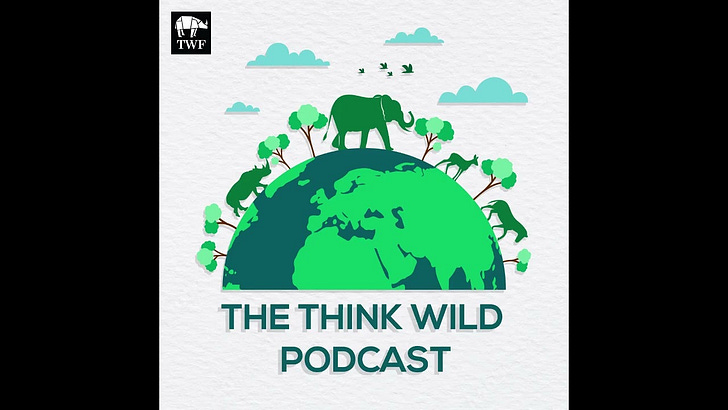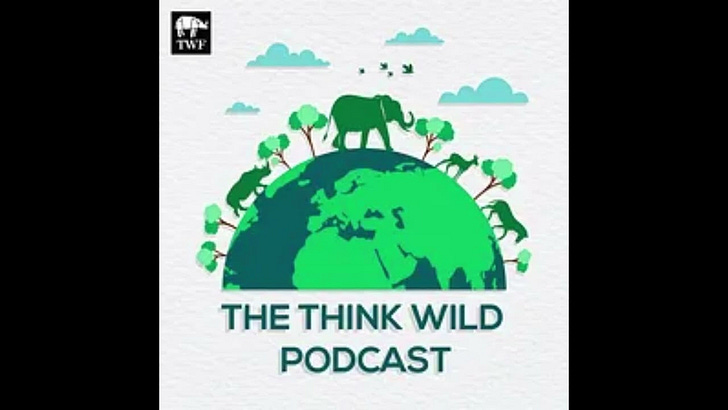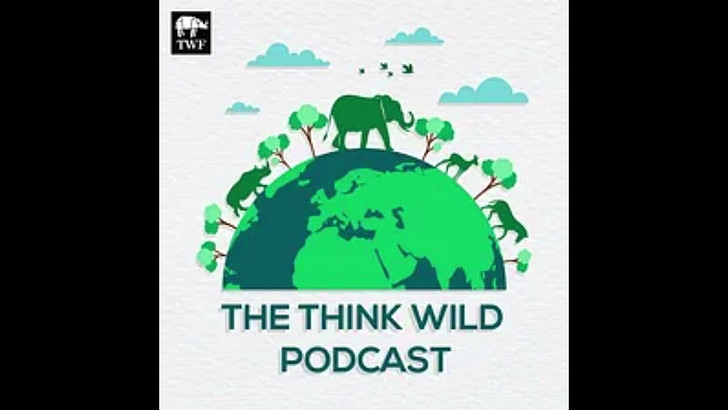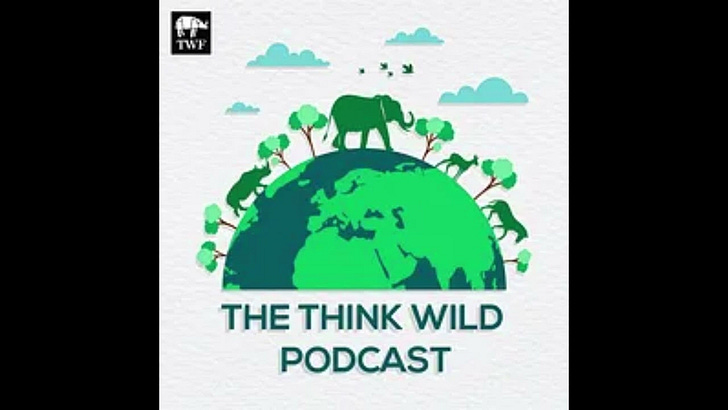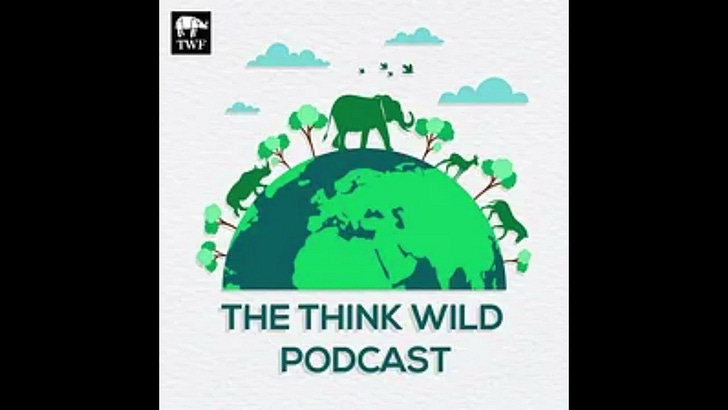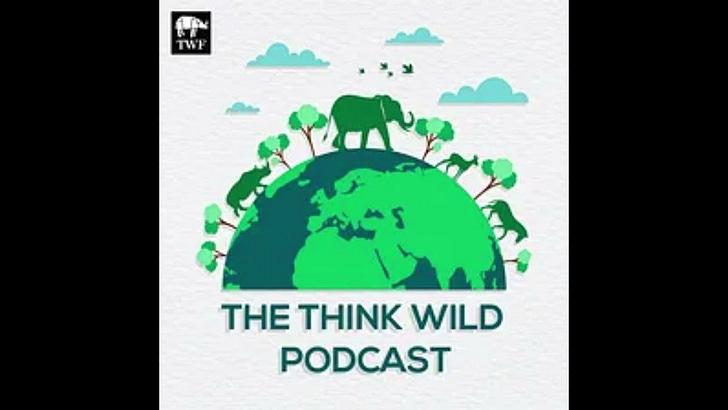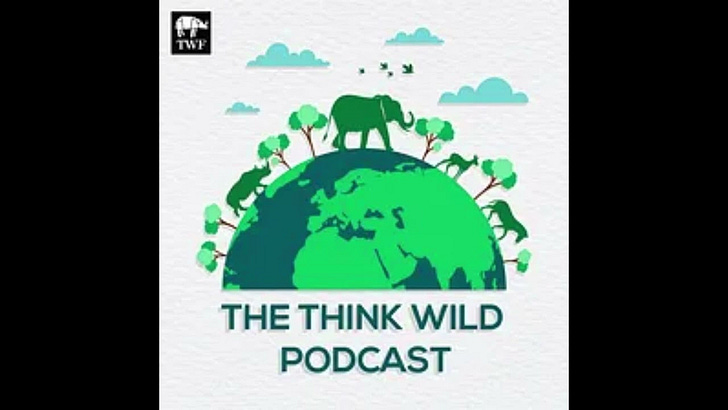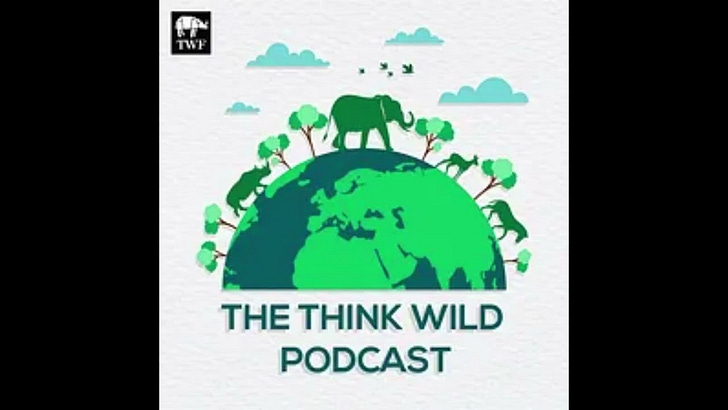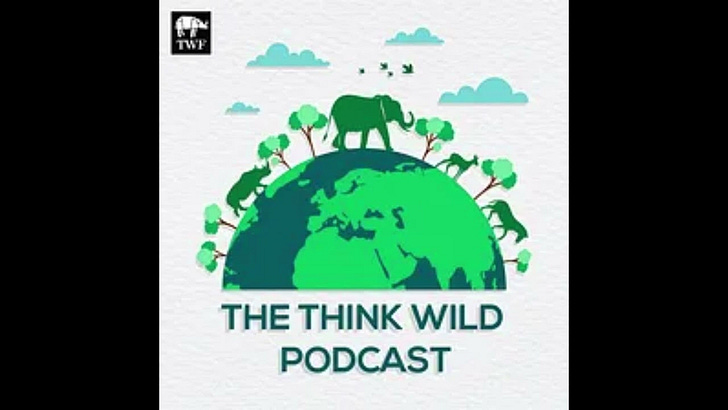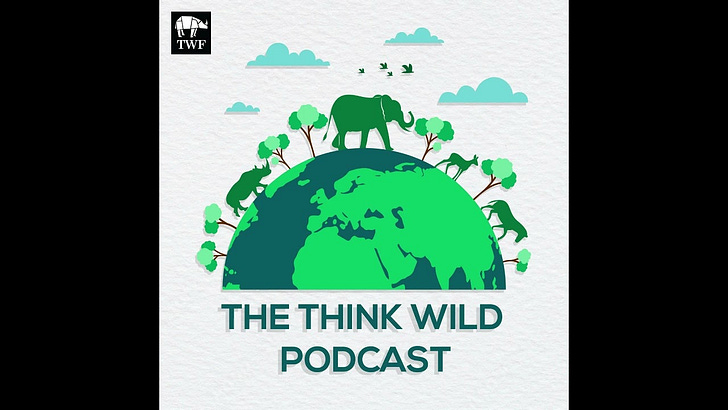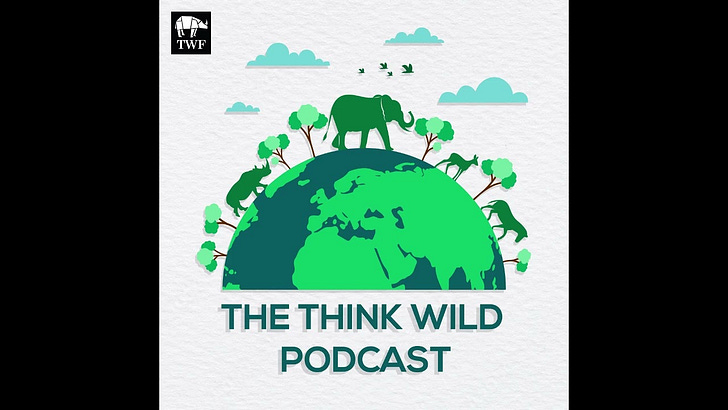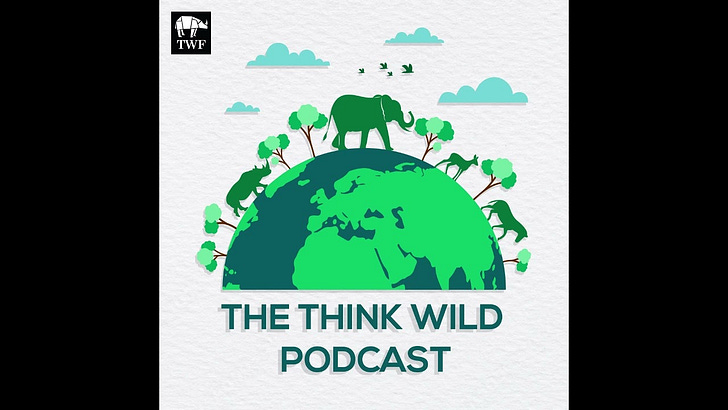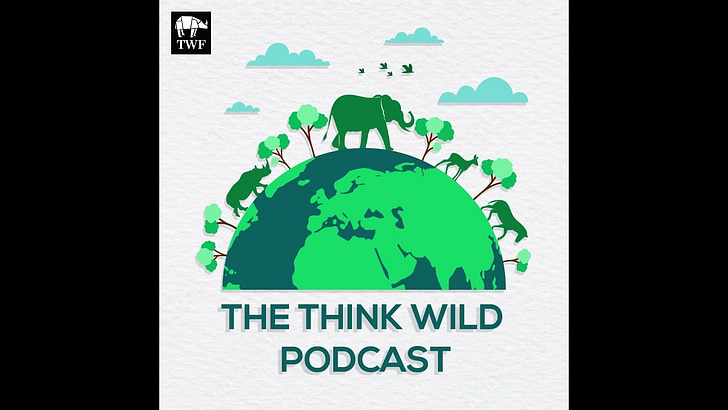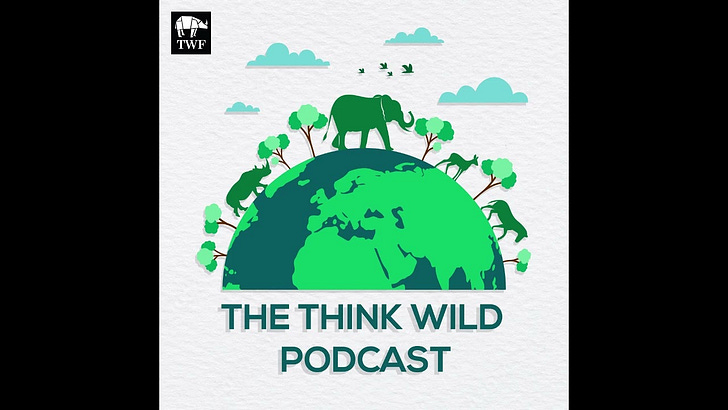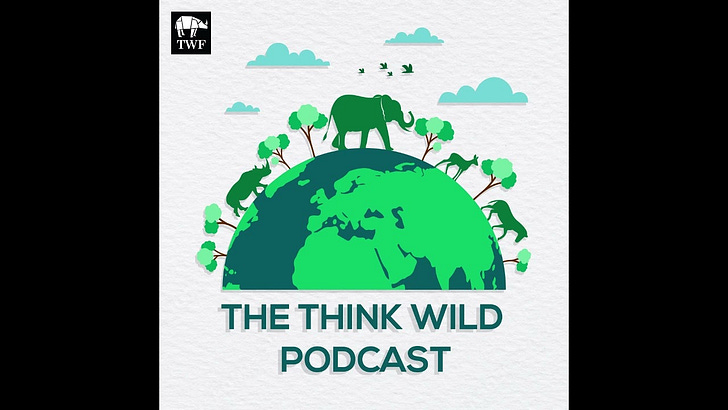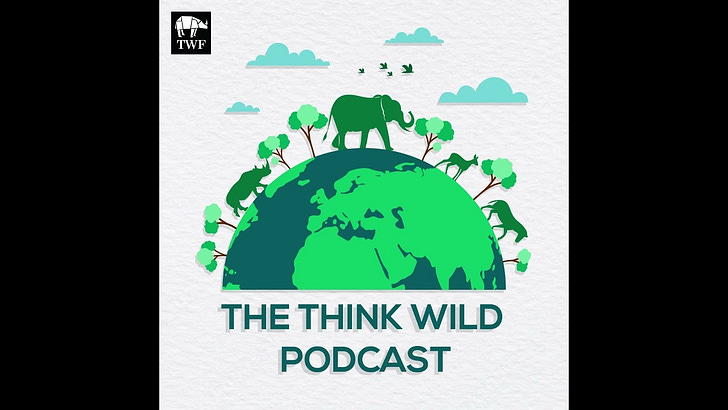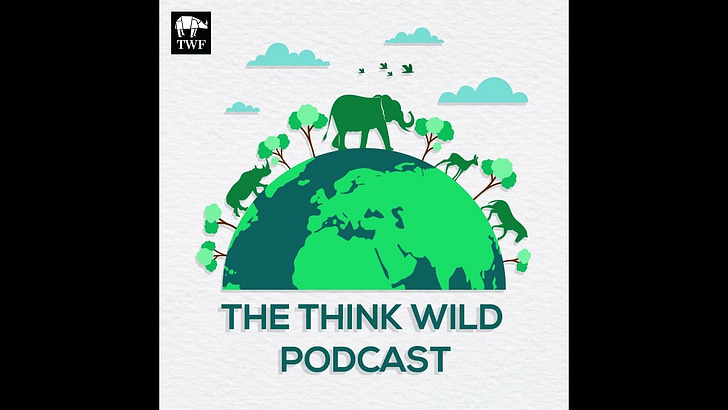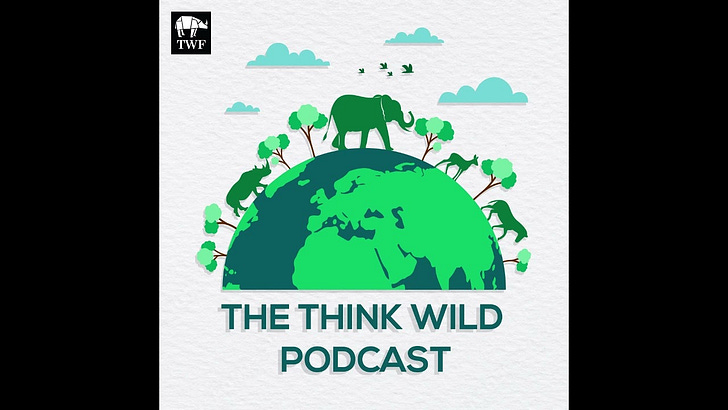S3|EP41 - Facilitating Human-Elephant Coexistence in Thailand with Anandi Gandhi
Description
Human-elephant conflict is one of the most pressing challenges in conservation biology, especially across Asia’s biodiversity hotspots where elephants and people share fragmented landscapes. In this episode of the Think Wildlife Podcast, Anish speaks with Anandi Gandhi, a PhD researcher at the University of California, Santa Cruz, whose work in Eastern Thailand explores how farmers and elephants navigate complex realities of human-elephant coexistence.
Anandi’s journey into elephant conservation is as unique as it is inspiring. Coming from a philosophy and agriculture background, she combines anthropology, agriculture, and ecology to study how farmers and elephants interact in one of the most conflict-prone regions of Thailand. With only 3,000–4,000 wild Asian elephants left in Thailand, and around 600 concentrated in the east, human-elephant conflict has already resulted in dozens of deaths this year. Yet, amid habitat fragmentation, habitat loss, and pressures from industrial agriculture, she finds remarkable stories of resilience, tolerance, and coexistence.
Drawing on over 15 years of work on farming systems, Anandi highlights how monocrop plantations such as sugarcane, cassava, and rubber fuel human-elephant conflict. Farmers are caught between global markets and government subsidies, often suffering huge losses while being blamed by conservationists. Against this backdrop, she explores how Vanakase (forest gardening) agroforestry systems create biodiversity-rich landscapes that benefit both elephants and people. These agroforests function as ecosystem engineers, mimicking secondary forests while providing food, income, and resilience to climate change. Elephants, the gentle giants of Asia, move through these farms as they would in natural forests—feeding lightly, passing through without causing severe damage.
Anandi also reflects on how language shapes conservation practice. While media and policy often frame the issue as “human-elephant conflict,” local farmers prefer terms such as “problems with elephants” or “coexistence.” For government officials, coexistence may mean separation, while for conservationists it suggests harmony. But for Vanakase farmers, coexistence means co-survival: humans and elephants sharing space and resources with mutual respect, grounded in reality rather than idealism. This perspective challenges Western conservation models that separate people from nature and instead points toward community-driven, ground-up coexistence conservation.
Beyond research, the episode delves into how regenerative agriculture, permaculture, and biodiversity preservation can tackle not only wildlife conservation challenges but also the global climate crisis. By rethinking agriculture as part of the solution, rather than the problem, Anandi demonstrates how farming can reduce human-farmer conflict, support elephant conservation, and strengthen biodiversity management. Her stories include encounters with elephants like Mamuang, a wild male known and loved by local villagers, who walks peacefully through communities—symbolizing the fragile yet powerful potential of coexistence.
This episode sheds light on elephants as keystone species and ecosystem engineers whose survival is intricately linked with that of rural farmers. It examines how biodiversity conservation and biodiversity preservation are inseparable from social and cultural contexts, how habitat loss and fragmentation fuel conflict, and how coexistence offers pathways for the future. By weaving together the voices of farmers, elephants, and conservationists, Anandi’s work underscores the importance of empathy, tolerance, and radical imagination in biodiversity management.
Join us for this thought-provoking discussion on human-elephant coexistence, agriculture, and conservation biology in Thailand. It is a conversation not only about elephants but about the future of coexistence conservation, biodiversity hotspots, and the survival of both people and gentle giants in a rapidly changing world.
#human-elephantconflict #humanelephantcoexistence #humanfarmerconflict #humaelephantcoexistence #elephant #elephants #elephantconservation #Asianephants #asiaticelephants #conservationbiology #biodiversity #biodiversitymanagement #biodiversityconservation #biodiversitypreservation #biodiversityhotspots #keystonespecies #gentlegiants #ecosystemengineers #habitatfragmentation #habitatloss #coexistenceconservation #coexistence #wildlifeconservation
Get full access to The Think Wildlife Podcast at anishbanerjee.substack.com/subscribe

